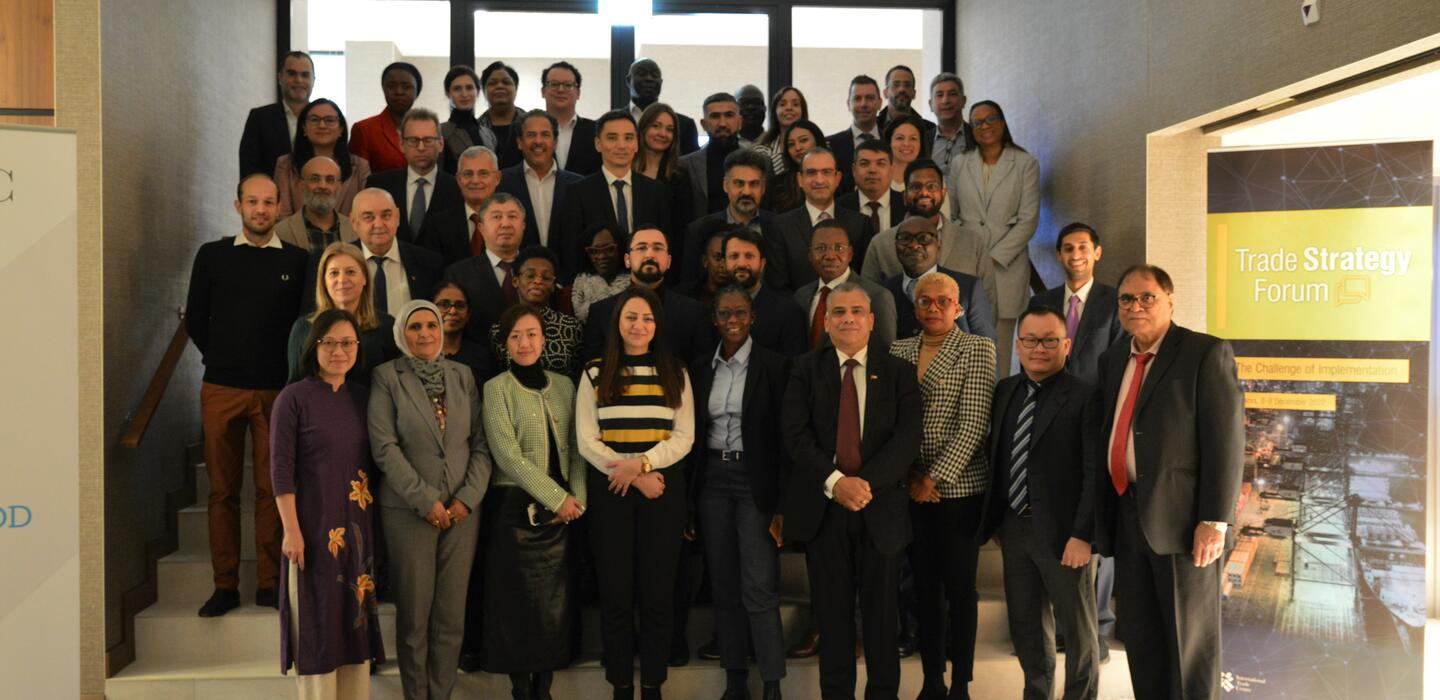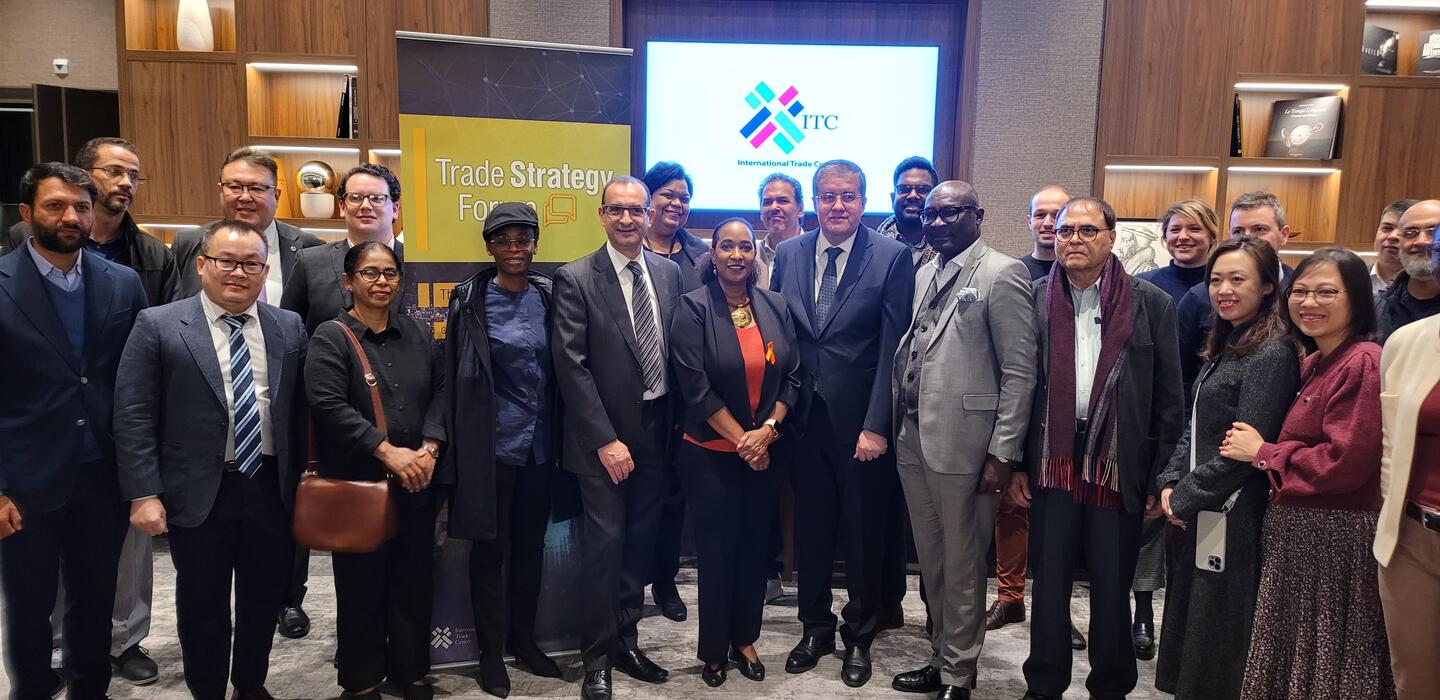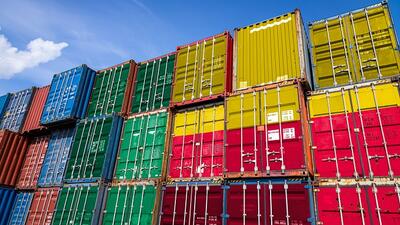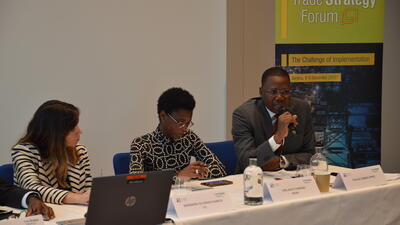
Trade Strategy Forum: The challenge of implementation
Designing a realistic and measurable strategy is a first step to growing trade. But getting results requires putting the strategy into action.
A well-designed trade strategy can reduce poverty, create jobs, and support the livelihoods of women and youth. But those goals are only met if the strategy is successfully implemented.
That was the key takeaway from the Trade Strategy Forum, where 40 government officials, business leaders and trade experts from 18 countries met on 8-9 December 2022 in Geneva.
“Trade is not an end in itself – it is a means to an end. What we are after is development – a rise in the quality of life for the citizens of our partner countries,” Pamela Coke-Hamilton, executive director of the International Trade Centre (ITC), said in her opening remarks.
“So we need to ensure that trade is not done at any cost, but that it leaves developmental dividends – through poverty reduction, employment generation; through economic empowerment of women and integration of youth into trade; through ensuring that our economic activity is environmentally sustainable. A well-developed strategy achieves this.”
The Research and Strategies for Exports Section of the ITC organized the Forum. Participants included senior officials from ministries and trade support institutions, along with business managers who have worked with ITC Trade Development Programme since it began two decades ago.
During the Forum, participants discussed critical factors for strategy implementation, including financing, monitoring, measuring, and communicating results.
Formal public-private collaboration, participants agreed, is required from the very beginning of the strategy design. That allows for cooperation to develop and implement the strategy together.
That also helps navigate unexpected circumstances that may arise, whether through changes of government or of policy direction. Rigorous structures and supporting systems ensure that the strategy isn't derailed.
Strategies benefit the entire country, not just specific individuals or entities. That becomes clear when a common and objective understanding of success is defined at the outset. And that means that not only policymakers, but also business leaders should prioritize allocating resources, monitoring results, and then communicating those results.
“Sustained improvement in export performance relies on the existence of a realistic national export strategy and the capability to manage it. This does not happen by accident. It happens by design,” said Anton Said, chief of export strategy at ITC.
At the Forum, the Trade Development Programme launched a network of strategy-makers to keep participants connected. The event also launched ITC’s revamped Implementation Management Support package and Strategies Implementation Management Tool 2.0 that will be rolled out in future trade strategy interventions.

















